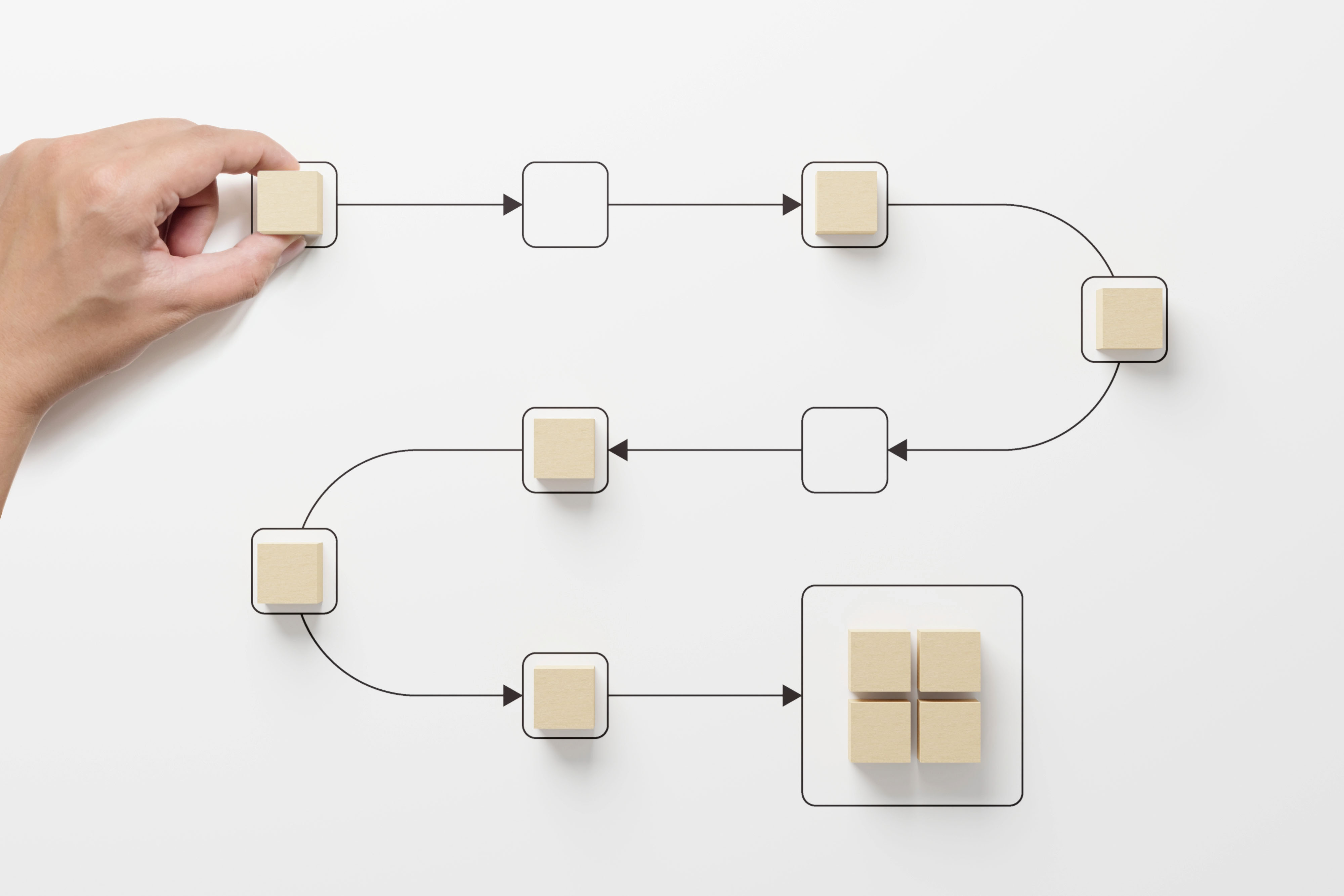Top 10 Bitcoin security tips
Millions of people have joined the world of crypto currencies. For example, Coinbase, one of the biggest crypto currency exchanges, has added around 2 million new clients within two months. Blockchain.com, the major electronic wallet, found its client base increase by 1.8 million during the same time frame.
Payments made or received using the virtual currency are almost instantaneous, and no card processor or other intermediary takes a percentage of transactions.
Your Bitcoins live in your Bitcoin wallet, so you are, in effect, your own bank. If you encrypt your wallet and forget the key, your Bitcoins are gone forever. And if a hacker or malware gets access to it, your wallet can be cleaned out in seconds. Your Bitcoin funds will be lost, and you can't turn any financial authority for reimbursement. That means security is paramount.
Here are 10 vital security tips you should employ to keep Bitcoins secure:
-
Secure Your PC
Use only PC’s with up to date antivirus and firewalls for your crypto currency transactions. Never assume your computer’s security is up to date. It only takes just one security vulnerability to have your computer hacked.
-
Don't Use Web Wallets
These are magnets for hackers and should be avoided whenever possible. If it is necessary to use one when you use a Bitcoin exchange, transfer them from your exchange-based wallet after the exchange transaction as quickly as possible to a wallet running on a computer under your control that is kept encrypted.
-
Use a versatile Bitcoin client
For the purpose of privacy, and to hide your IP address, you can use a Bitcoin client that allows you to change to a new address with each transaction.
Similarly, you can separate transactions into different wallets, according to their importance: a recommended practice is to keep a wallet for day-to-day transactions of small amounts, to be topped up when necessary.
-
Use Dedicated Hardware
Ideally, dedicate one USB key for moving data between online and offline computers to minimize its exposure to potential viruses, and dedicate your offline computer exclusively to running your offline wallet - also to minimize its potential exposure to viruses.
-
Consider A Dedicated PC Or Mobile Device And A Secure Network
Another idea you might want to consider is having a device that’s solely dedicated to crypto currency activities. This means just one PC or mobile device used for only buying and selling cryptos.
This drastically lowers your odds of vulnerability. Devices that are used for surfing, work and pleasure activities are more likely to become infected with everything from viruses to ransomware.
-
Limit the Access to Corporate Bitcoin Wallets
You probably run a business and you have decided to use Bitcoins as your medium of currency. But be very careful with giving access to your Bitcoin wallets. This is very important in a corporate environment. Due to the anonymous nature of every Bitcoin transaction, it can be hard to trace if ever someone will attempt to steal your Bitcoins. If ever an employee would get access to your Bitcoin wallet, he or she can easily transfer the funds to another wallet without your knowledge. There is no way of tying the destination wallet to any individual employee.
-
Use an “escrow service”
When you need to buy or sell something and you aren’t sure who is on the other side, you can use an “escrow service.” In these cases, the person who needs to make the payment sends their Bitcoins to the escrow service while they wait to receive the item they are buying.
Meanwhile, the seller knows their money is safe with the escrow service and sends the agreed item. When the buyer receives the merchandise, they notify the escrow service to finalize the payment.
-
Make a backup of your virtual wallet
Do create backups. Kept in a secure place, a backup of your crypto currency wallet may save you from hardware failures and a lot of human slipups. It will also let you restore your wallet in case your PC or telephone gets stolen.
-
Encrypt your wallet
Encrypting your wallet is crucial, especially when it is stored online. As you might expect, the use of a strong password is equally essential. With this in mind, you can use tools to encrypt files that contain any sensitive information.
Even better is to encrypt the entire system or user space where these files are located.
-
Use a Hardware Wallet
A hardware wallet is effectively a USB key with an on-board computer running its own specialist operating system, dedicated to running a Bitcoin wallet. Its hardware stores the wallet's private keys and never divulges them - similar to the way that many laptop computers' Trusted Platform Module (TPM) holds encryption keys.
By inserting a hardware wallet into an online machine, Bitcoin transactions can be signed using the private keys stored in the hardware. Even if the online computer is infected with malware, Bitcoins can still be securely sent and received without the malware getting access to the all-important private keys.
Looking for a Bitcoin training course? Read about the Bitcoin trading courses we offer and find out all you need to know about Bitcoin introduction.
 All Courses
All Courses
 Accounting and Finance
Accounting and Finance Administration and Office Management
Administration and Office Management Business Administration
Business Administration Chemical Engineering
Chemical Engineering Communications and Public Relations (PR)
Communications and Public Relations (PR) Compliance and Legal
Compliance and Legal Construction Management
Construction Management Contract and Project Management
Contract and Project Management Customer Experience and Relationship Management
Customer Experience and Relationship Management Data Management and Business Intelligent
Data Management and Business Intelligent Digital Transformation
Digital Transformation Energy and Sustainability
Energy and Sustainability Health, Safety and Environment
Health, Safety and Environment Hospitality & Tourism
Hospitality & Tourism Human Resources and Talent Development
Human Resources and Talent Development Industrial Manufacturing and Production
Industrial Manufacturing and Production Innovation and Artificial Intelligence (AI)
Innovation and Artificial Intelligence (AI) Leadership and Management
Leadership and Management Oil and Gas
Oil and Gas Procurement & Supply Chain Management
Procurement & Supply Chain Management Public Sector
Public Sector Quality and Productivity
Quality and Productivity Retail and E- Commerce
Retail and E- Commerce Sales and Marketing
Sales and Marketing Sports Event Management and Operations
Sports Event Management and Operations Strategy and Business Planning
Strategy and Business Planning Sustainability and CSR
Sustainability and CSR Learning Solutions
Learning Solutions
 About Us
About Us
 iLearn Blog
iLearn Blog
 Directory Calendar
Directory Calendar
 Contact Us
Contact Us
 All Courses
All Courses
 Accounting and Finance
Accounting and Finance Administration and Office Management
Administration and Office Management Business Administration
Business Administration Chemical Engineering
Chemical Engineering Communications and Public Relations (PR)
Communications and Public Relations (PR) Compliance and Legal
Compliance and Legal Construction Management
Construction Management Contract and Project Management
Contract and Project Management Customer Experience and Relationship Management
Customer Experience and Relationship Management Data Management and Business Intelligent
Data Management and Business Intelligent Digital Transformation
Digital Transformation Energy and Sustainability
Energy and Sustainability Health, Safety and Environment
Health, Safety and Environment Hospitality & Tourism
Hospitality & Tourism Human Resources and Talent Development
Human Resources and Talent Development Industrial Manufacturing and Production
Industrial Manufacturing and Production Innovation and Artificial Intelligence (AI)
Innovation and Artificial Intelligence (AI) Leadership and Management
Leadership and Management Oil and Gas
Oil and Gas Procurement & Supply Chain Management
Procurement & Supply Chain Management Public Sector
Public Sector Quality and Productivity
Quality and Productivity Retail and E- Commerce
Retail and E- Commerce Sales and Marketing
Sales and Marketing Sports Event Management and Operations
Sports Event Management and Operations Strategy and Business Planning
Strategy and Business Planning Sustainability and CSR
Sustainability and CSR Learning Solutions
Learning Solutions
 About Us
About Us
 iLearn Blog
iLearn Blog Directory Calendar
Directory Calendar
 Contact Us
Contact Us














































 Course category
Course category Course Venue
Course Venue
